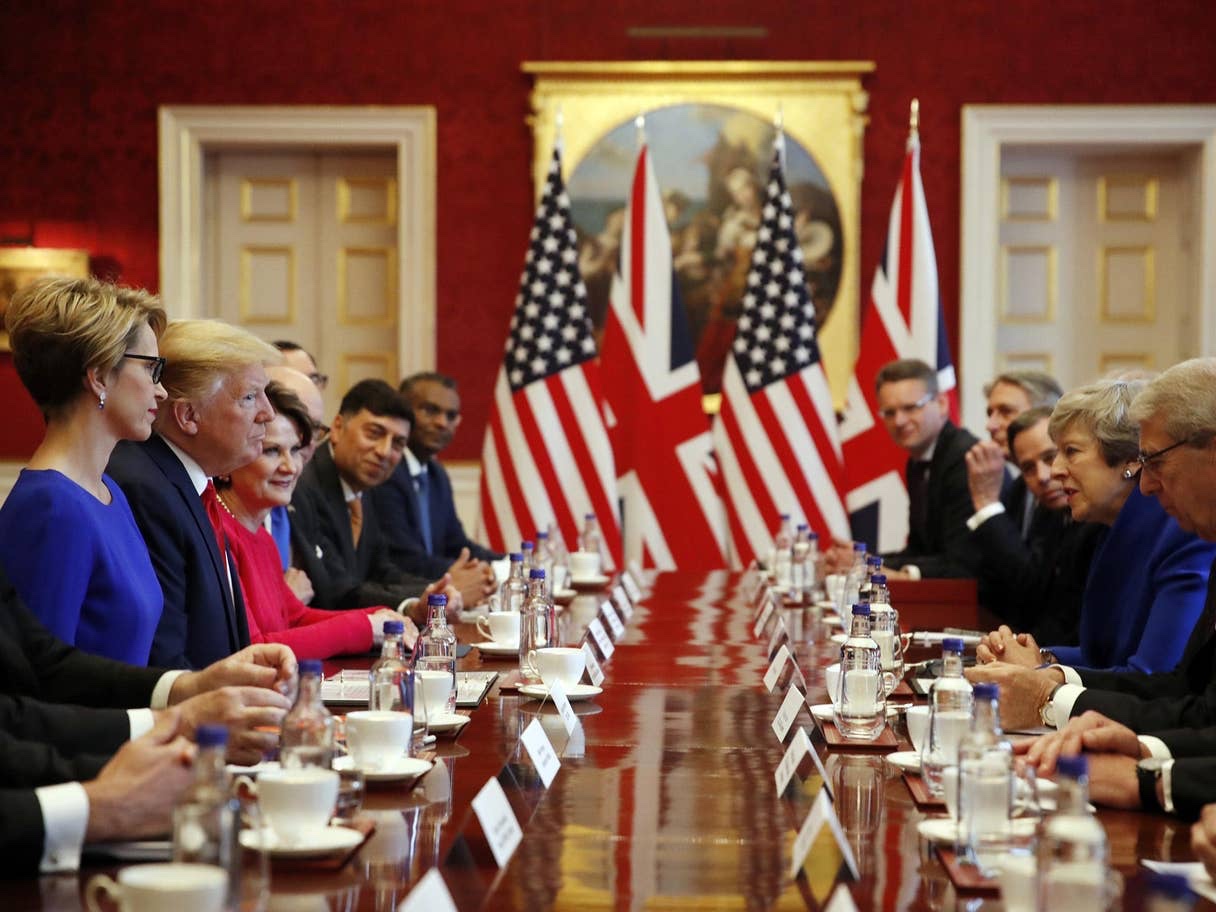https://m.facebook.com/watch/?v=326662301282907&_rdr
Related: Parsi Cafes, A Centuries-Old Tradition In India, Are Vanishing
A fascinating video about food from Kermanshah. I got confused initially that it was Kerman but this is the Kurdish Kerman. The city’s name has a very interesting story and they also have an extremely exotic minority, which I had only first heard about a few weeks ago (when I first read the article I assumed the religious minority in question were Bahais):
In need of life-saving surgery, he was promised refuge in America. Just 15 months later, he died — still waiting
How the travel ban left a family of Iranian refugees stranded in Turkey
Anyway back to the original topic the reason why food is so *delicious* in Kermanshah (the most integrated Kurdish city in Iran because it’s inhabitants are Shi’ite) is because they use copious amounts of ghee.
While Iranian food is flavourful the most signature dishes also tend to be variants on Iraqi-Syrian food (grilled meat). Similarly the most delicious and well-known Turkish food comes from Gaziantep, which is on the Syrian border (and was a mixed city).
I am increasingly coming round to the idea (first floated by a Lahori friend of mine) that Arabic food is best when it comes to balancing taste and health.
I find it very difficult to eat Desi food healthily. There is just not enough protein in the diet and way too many carbs (rice & bread are accompaniments).
I’m sure it sounds like an oversimplified cliche but the Bedouin/nomadic food items of meat, spices & yogurt pared with the Mediterranean diet seems the ideal combination. It’s little wonder that Lebanese food is one of the world’s great cuisines; maybe not on par or as well known as Indian, Chinese, Franco-Italian but sort of like the Thai food of West Asia.



 In this episode we discuss the outcome of the Indian elections with Kushal Mehra, host of
In this episode we discuss the outcome of the Indian elections with Kushal Mehra, host of